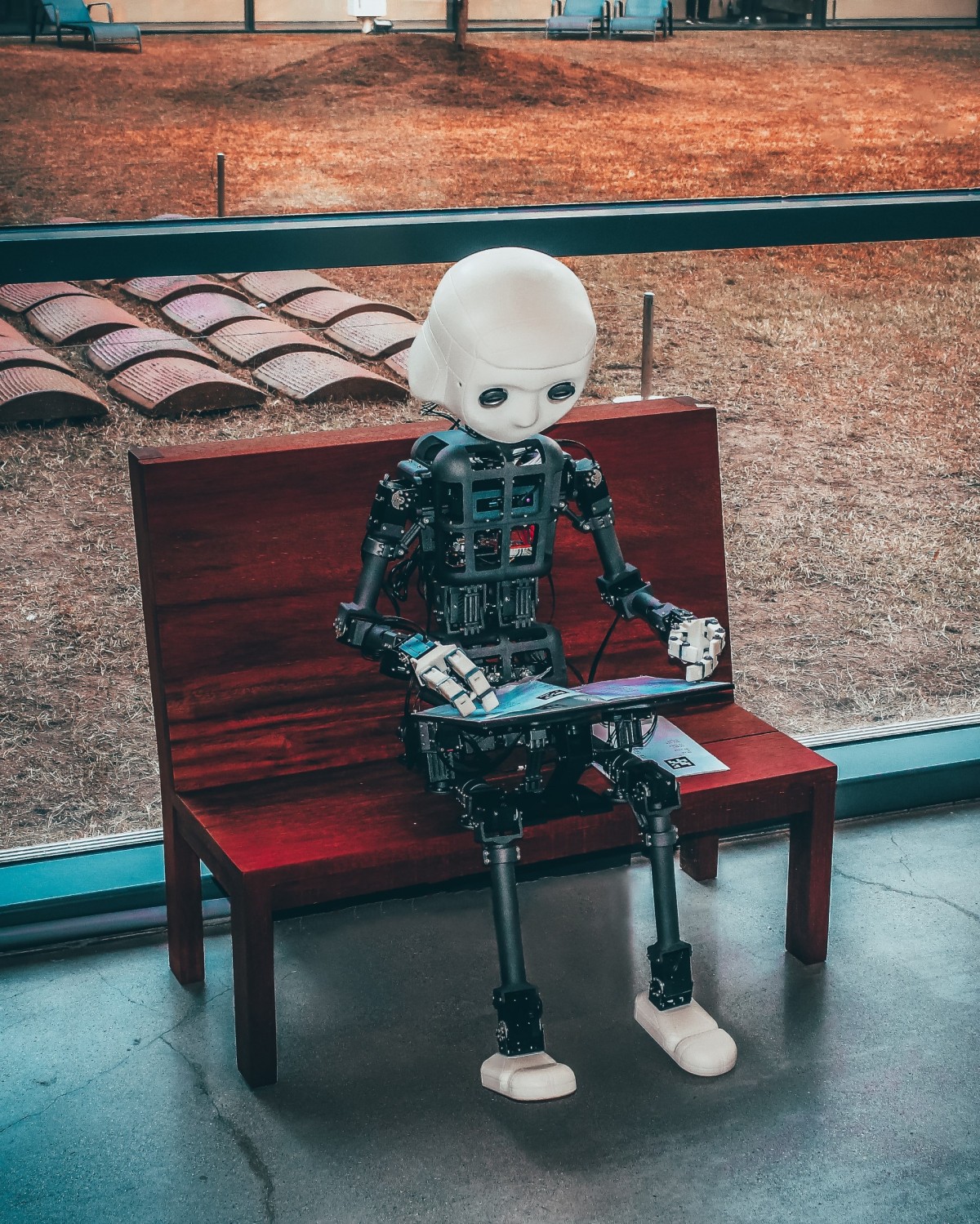“As AI continues to be utilised by organisations and employees alike, reservations about its impact on productivity and its potential to affect people’s long-term job security have been well reported,” highlights Andrew Skrei, Sr. Director, Product Management at Exabeam.
Clearly, like so many other radical technological developments, AI is also being met with fear and trepidation. Until further time has passed and further research concludes, the question remains: will AI aid workplace productivity or go too far, leaving workers redundant?
The streamlining powers of automation
Hugh Scantlebury, CEO and Founder of Aqilla, argues that automation, machine learning and AI can play a significant role in improving the productivity of employees. “These technologies can do all the heavy lifting, the time-consuming tasks and the repetitive work that can fill up so much of our days. For the finance sector, this means enabling automation, machine learning and AI to deal with the high volumes of data entry work,” he explains.
Exabeam’s Andrew Skrei agrees, adding that organisations are also using AI “to streamline administrative tasks and operations, reducing challenges whilst allowing employees to focus on more complex and rewarding work.”
“Analysts within the cybersecurity industry receive an overwhelming number of alerts each day, often leading to an inability to identify genuine threats and quickly assess the impact on the organisation. By utilising AI and machine learning-based analytics, security leaders can support and free up their teams, allowing them to focus on what matters most: fortifying their organisation's cybersecurity defences to detect and prevent breaches,” Skrei highlights.
Removing language barriers to allow seamless collaboration
Today’s world is increasingly digital; collaboration is no longer bound by geography, allowing employees to connect with diverse cultures. With teams constantly connected online, the potential to reach global customers and reap the benefits is immense. However, amid this digital revolution come challenges, the most prevalent being communication.
However, AI can facilitate the mastery of a new language and break down language barriers, Oleksandr Maidaniuk, VP of Technology at Intellias, argues, “enabling efficient language learning and seamless communication.”
He continues: “AI-powered language processing tools and machine learning algorithms analyse vast linguistic data and provide personalised and intelligent recommendations. This automation saves time, enhances the quality of translations, and fosters effective communication across linguistic barriers, thus boosting productivity, facilitating faster global collaboration, and contributing to improved language proficiency.”
Allowing employees accelerated growth, enjoyment and enrichment
On top of facilitating global communication and collaboration to increase worldwide productivity and growth, Intellias’ Maidaniuk highlights that “by harnessing the potential of AI, we can unlock new possibilities to enhance productivity and foster exceptional learning and training experiences.”
Agreeing, Aqilla’s Scantlebury adds, “AI can create time and headspace for finance teams to work on higher-value tasks — and acquire new skills that deliver greater value and support the wider business. Perhaps that would be a fairer and more impactful way to measure productivity in the workplace.”
Not only can it free up time for further training and development, but AI chatbots can also provide enrichment through engaging and personalised learning experiences.
“Traditional training methods often involve lengthy sessions and delays in accessing relevant information. Whereas, AI chatbots leverage natural language processing and machine learning to offer instant responses, real-time assistance, and interactive, personalised training experiences. From product training to academic support, they inspire learners, boost confidence, and make knowledge accessible,” Intellias’ Maidaniuk clarifies.
Not only for profit but also to prevent loss
Within many organisations, AI is used to help businesses increase profits. However, some industries, like the insurance sector, are leveraging this technology to prevent financial losses instead.
Olaf Baunack, SVP, Head of Sales, Financial Services & Insurance at Intellias, elaborates, explaining that AI can detect and prevent fraud and criminal activities.
“An exciting example of this is reducing financial loss by identifying accident causes - utilising significant amounts of data to determine if an event was actually an accident or potentially an attempt at fraud. Through this, insurance companies can improve the productivity of their employees managing these claims and save money by processing them more quickly, efficiently, and accurately,” he finishes.
AI is not an answer on its own
AI’s ability to automate mundane tasks and simplify business processes appears to be a positive development. However, organisations need not forget the impact human intelligence and creative thinking have, which AI lacks.
“Realistically, they are more a ‘copy, combine and paste’ job than something that will drive a creative business innovation forward,” Intellias’ Baunack summarises, “it will simply never be capable of out-the-box thinking.”
But this limit doesn’t have to be perceived as a negative thing - arguably, it proves that whilst productivity in a workplace can be improved, humans will never run the risk of being replaced. Terry Storrar, Managing Director, Leaseweb UK, finishes: “It’s been long said and observed that diversity is the best thing a team can have. Adding the ‘human’ element is what makes AI so strong.
“We’ve been improving productivity with similar technology like this for years, we’re simply getting better at it. It’s not something to be wary of. With the right management and implementation, AI can be the new team member everyone needs to boost productivity.”




